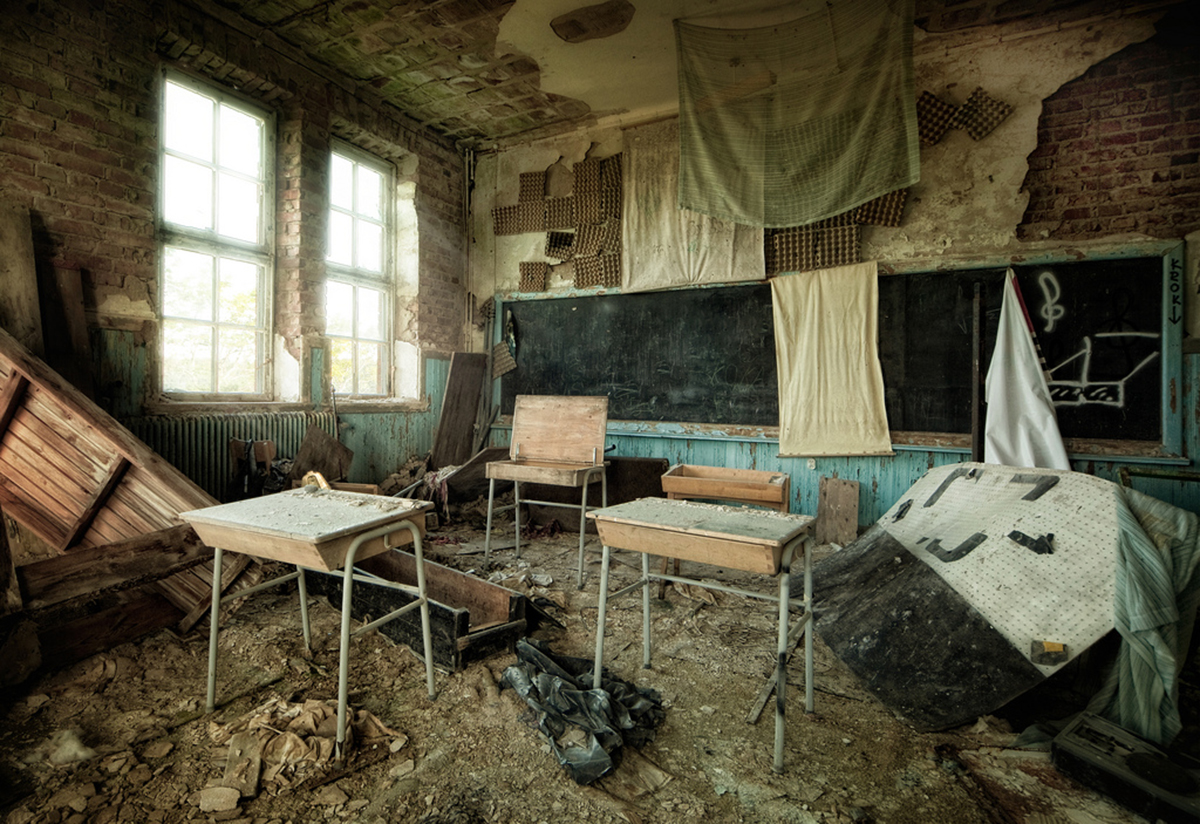Table of Contents
Interest in cultural memory is more than just academic. Cultural memory is the way individuals can create their understanding of their place in their societies. Our cultural memories enable us to understand our place in our countries, religions, and other social groups. Cultural memory provides us with rules to live by, telling us what we can and can't do to be a member of a group.

Followers of religions that have clear rules for daily living, including but not limited to Islam, Orthodox Judaism, Orthodox Christianity, and Roman Catholicism, create a cultural memory that inspires their adherents to live in a certain way and to do or not do certain things.
Would-be dictators often seek to destroy cultural institutions so that they can take over as the source of cultural identity. North Korea promotes a theory of "juche," or self-reliance, to separate North Korea from all other influences and to provide a comprehensive guide for living. In 1970's Cambodia, Pol Pot ordered the destruction of all other institutions, breaking up families, killing teachers, even killing people who wore glasses, so that there would be no distractions from his idea of a communistic paradise.
But even where there are no dictators and cultural memories are not directed by political leaders, cultural memory and cultural forgetting can have profound effects on personal health:
- American culture reinforces the idea of individual autonomy. Asian culture, especially Filipino culture, reinforces the idea of belonging to a group. Certain kinds of trauma, especially those involving intrusion into one's personal space, are far more likely to result in post-traumatic stress in most Americans. Other kinds of trauma, such as embarrassing revelations or censure by peers or family are far more likely to result in post-traumatic stress in Filipinos.
- Different cultures reinforce different habits. Some cultures reinforce taking risks to achieve goals, and other cultures reinforce tried and true habits to conform to expectations. It can be easier or harder to change health habits, eating habits for example, in some cultures than in others.
- It is easier to remember words, ideas, and events that meet our cultural expectations, that conform to our cultural memories. In a science-oriented society it's easier to remember information about a "galloping pony" or a "fast car" than it is to remember information about a "talking cat" (unless the talking cat was on TV) or a "teaching tree."
- Culture affects how well we can hear conversations and music. Hearing loss is more of a problem when you are trying to listen to a foreign language or an unusual musical instrument than it is when you are trying to listen to your own language or your favorite musical instrument.
See Also: Childhood Memory: An Enigma Science Is Beginning To Solve
And cultural norms define attitudes, statements, and behaviors that might be used to characterize a person as mentally healthy or mentally ill. The culture in which you live and the symbols it uses to maintain its memories do not change your health, but they have a tremendous influence on how you feel about your health and whether you will take measures to change it.
- Sotirova-Kohli M, Opwis K, Roesler C, Smith SM, Rosen DH, Vaid J, Djonov V. Symbol/Meaning paired-associate recall: an "archetypal memory" advantage? Behav Sci (Basel). 2013 Oct 9. 3(4):541-61. doi: 10.3390/bs3040541. eCollection 2013 Dec. PMID: 25379255 [PubMed].Photo courtesy of _annamo by Flickr: www.flickr.com/photos/anna_mo/2846622875
- Photo courtesy of Horia Varlan via Flickr: www.flickr.com/photos/horiavarlan/4290549806
- Photo courtesy of [AndreaS] via Flickr: www.flickr.com/photos/norue/9840164534


Your thoughts on this